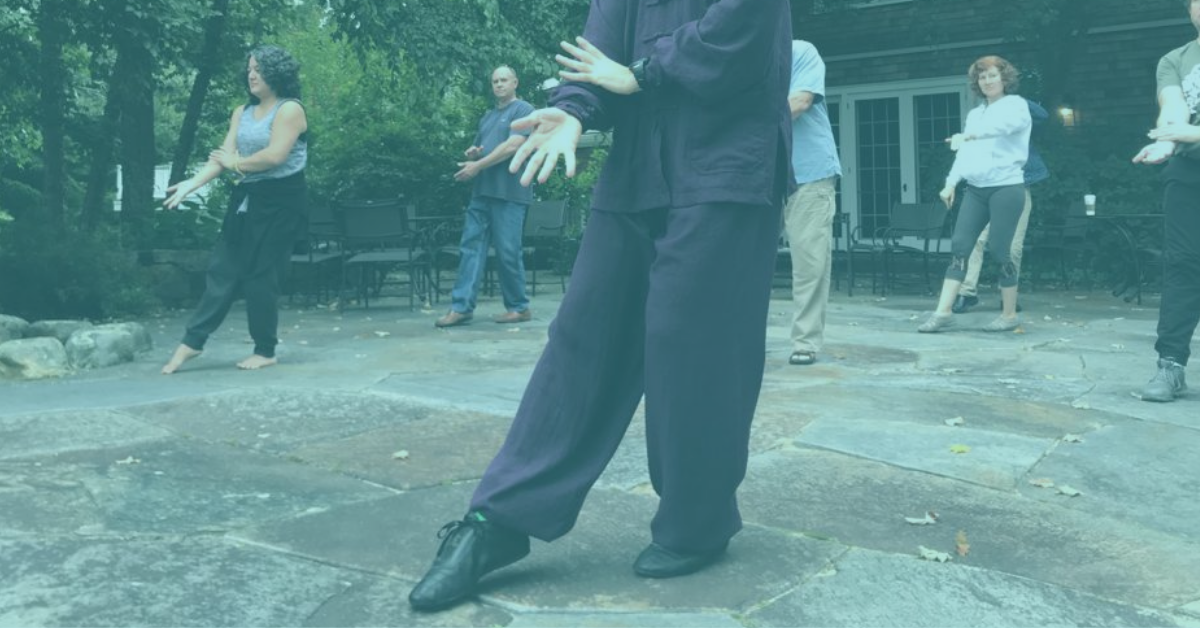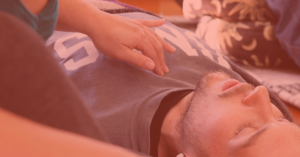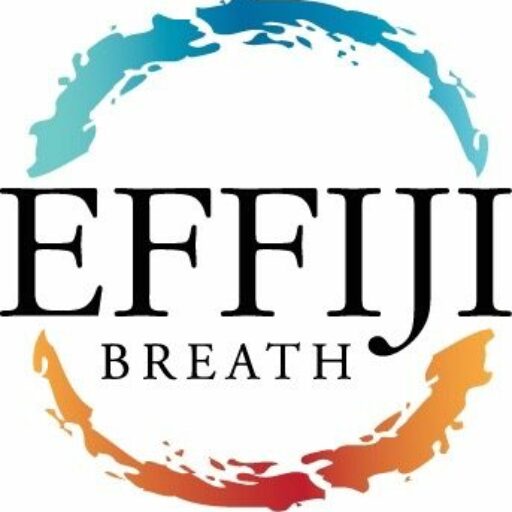

Breathwork is fast becoming a mainstream practice. And this means more and more people are investing in taking breathwork training. As the world faces unprecedented stresses people are looking for efficient, effective hacks that they can do to calm down, be clear and live stress free. As people whose work lives are stressful (and often not personally meaningful) are also looking at breathwork training as a way to live a better more holistic life.
The term Breathwork is a pretty generic term. Any conscious use of the breath can be called breathwork. It means to work with the breath. Breathing is both an automatic unconscious mechanism and something you can direct… or work with. Breathwork practices and breathwork training are ancient because (quite obviously) breathing is something humans have always done from the beginning of time. Intentional breathing has been used by people to gain self awareness, become calm, heal and to come closer to one’s creator since the very beginning of human existence…..and it works!
There are probably more breathing techniques out there for healing than anything else. You have many combinations between the inhale and exhale, the right and left nostrils, the mouth and the nose and the amount of time you spend on any of them.
Effiji breath is a little different. It is not a technique that is a simple life hack for a better day. While it is profound in its effect for relaxation, it is an arduous process that is only done with a guide, to heal core traumas and programming that are deeply buried and protected by your unconscious world, the world within you that is outside of your awareness.
Effiji breath essentially gets to the root cause of suffering but there is no way to get there without a guide. Trust me I’ve tried. In fact I did over 2000 breaths before naming Effiji in 2001.
For sake of discussion I will say that emotions like anger, sadness and fear are already inside and are waiting to be experienced. As the experiences of life happen, these emotions are revealed in the same way that a room looks a certain way, regardless of whether the lights are on or not. What happens next is your relationship with it; whether you choose to recognize, engage or respond to that emotion.
Also, for sake of discussion, I will say that the majority of emotion is memory. It’s the past that you are coming in contact with, more than the present thing that brought it forward. Emotions are memories of experiences, of the past both positive and negative, that are seeking an outlet in you. The emotions that we struggle with, that we wish didn’t have, are the ones related to the memories of unmet desires and unprocessed suffering
The top 4 things to know about {effiji} breathwork training
1.
Training to help someone begins with going through your own transformational process and becoming an expert in yourself first. It isn’t a training that says “this is what you do when….”. While we have ideas and suggestions and experiences to share, the training teaches you how to be available to others by knowing yourself.
2.
Everyone who becomes a facilitator has agreed to a strict code of ethics because the most powerful aspect of the practice isn’t the breath, it is how the facilitator guides and keeps you safe as the breath brings unconscious material to the surface. All of our core traumas have something to do with not being seen and not having a protector or advocate. Opening up to those wounds means you may feel irrational and afraid. To know you have someone who has no personal agenda and is a safe companion on the journey is at the core of our training.
3.
Breathwork Training doesn’t happen in one week. The program takes place over the course of a year for a reason. There are so many experiences that will arise and time is needed to integrate those experiences before one is really ready to start helping others.
4.
Breathwork training is not a life hack. It’s purpose is to go to the heart of all wounds and suffering and heal them. Training oneself through breath practice is a valuable daily activity. Effiji Breathwork training isn’t about a daily practice. It is about being able bring up hidden, protected, unprocessed experiences that hinder the freedom of one’s life force.

